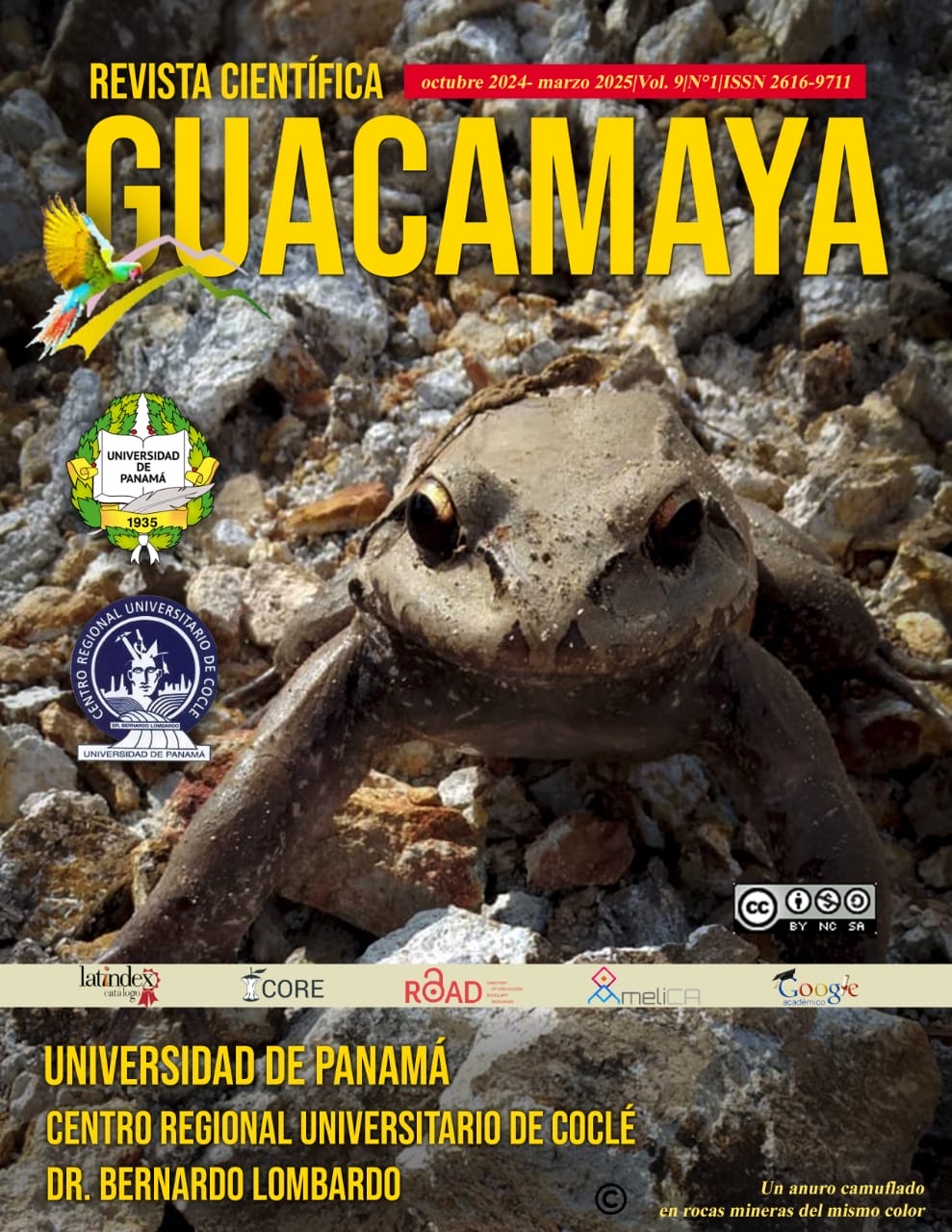

Copyright (c) 2024 Revista Científica Guacamaya

This work is licensed under a Creative Commons Attribution-NonCommercial-ShareAlike 4.0 International License.
Academic stress is the normal reaction of physiological, emotional, cognitive, and behavioral activation, manifested by students when facing the different demands and demands that occur in the academic field. This study oriented in the quantitative approach, descriptive type, aims to make a psycho-pedagogical analysis of how stressors affect academic activities, to give rise to the strengthening of coping strategies. A simple random sampling was applied with the participation of eighty-six students studying in higher education. For data collection, the questionnaire "academic stress coping scale" from the study by González Moreno (2018) was adapted. The results project percentages above 70% to a low level of positivism when facing stressful factors, however, there are initiatives to face situations by own decision and support from the close social context (above 50%), for the benefit of academic activities, at the same time that there is preparation and instruction (range above 60%) by the student perceiving stress factors as common aspects, so that there is low interference with the educational process. It is concluded based on the findings that it is necessary to implement programs of stress coping strategies to maintain the current minimal impact for the benefit of the students.